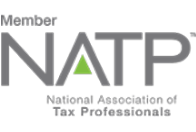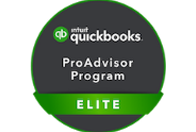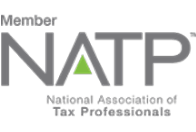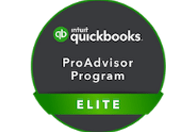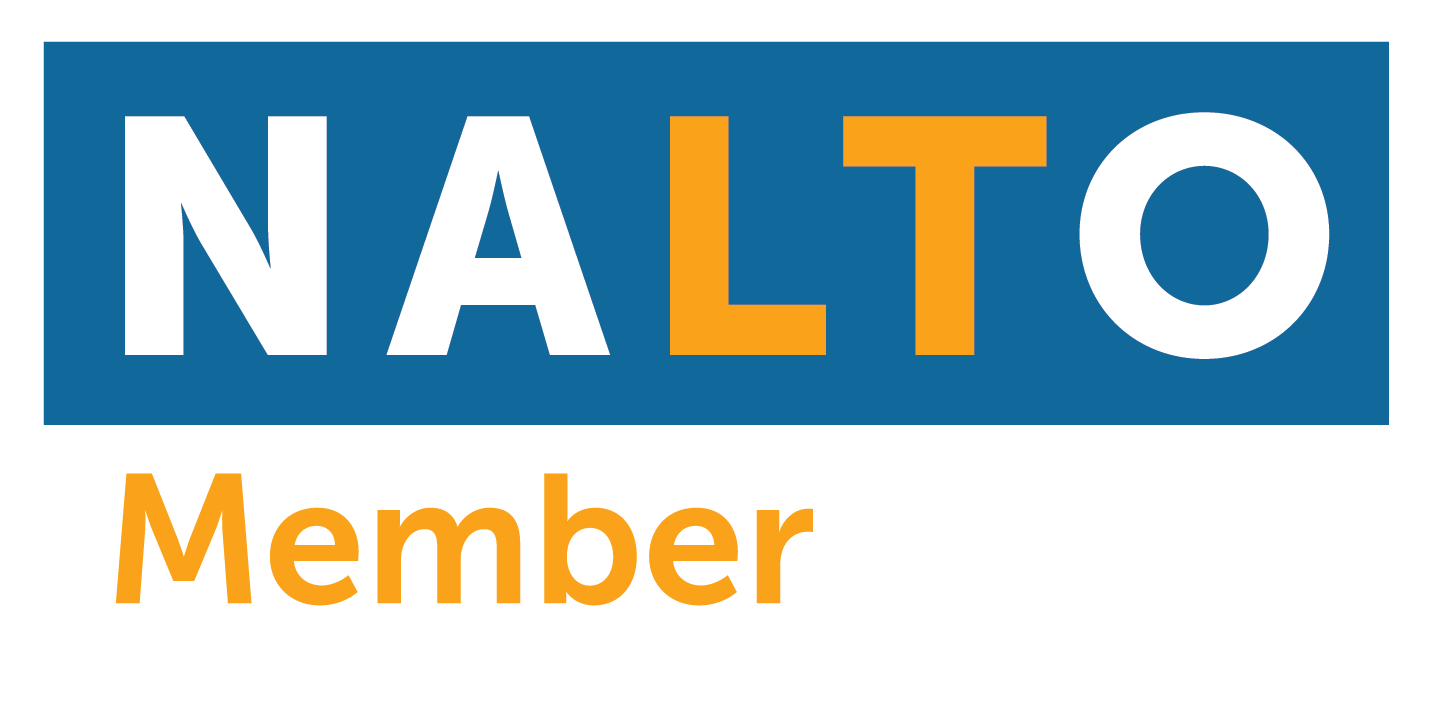If you are engaged in real estate business, it is crucial to understand the U.S. tax code since it can have significant impact in your financial outcome. A specific section to note is the Internal Revenue Code (IRC) Section 469 which governs the rules related to losses from passive activities such as rentals. In this blog, we will discuss how it can be beneficial to achieve a Real Estate Professional Status (REPS) as provided by the IRC Section 469.
A Brief History of IRC Section 469
Also known as the Passive Activity Losses and Credits Limited, IRC Section 469 was established as part of the Tax Reform Act of 1986. This limits the taxpayer’s ability to deduct passive activity losses against income from non-passive sources such as wages, salaries, or professional practices. Rentals generally are passive activities and are subject to the passive loss disallowance rules. Prior to the tax reform, taxpayers that are high income earners and landlords at the same time can simply buy assets and apply its relative non-economic loss, such as depreciation, against their income from other sources significantly lowering their income tax liabilities. This tax shelter for landlords was eliminated by the 1986 Tax Reform.
However, as it removed the shelter for the rich, it became a burden for those who are purely engaged in real estate since they were not allowed to offset rental losses against other real estate activities. In recognition of this disparity, IRC Section 469(c)(7) was added to the Code in the year 1994. This allows taxpayers who are primarily participating in real estate activities to deduct rental losses by qualifying as a Real Estate Professional (REP).
Qualifications for Real Estate Professional Status (REPS)
The REP status allows the taxpayers to offset their rental losses against other income since your rental losses is no longer presumed to be passive. This can result to significantly lowering the taxable income and tax liabilities. However, obtaining this status requires certain intricacies.
To qualify as an REP, the taxpayer must have least 5% ownership of the business and must spend:
- more than 50% of his/her time in real estate activities (50% Test), AND,
- more than 750 hours in real estate activities (750-Hour Rule).
If filing jointly, one spouse alone must meet both tests. This means that married couples cannot combine their hours spent to meet both tests.
The 50% Test: This simply means that if a taxpayer is involved in any other businesses or profession other than real estate, he must spend more time in real estate activities equating to more than 50% of his total personal hours spent in all activities during the year.
The Internal Revenue Service (IRS) has enumerated the following as real estate activities: development or redevelopment, construction or reconstruction, acquisition, conversion, rental, management or operation, leasing, and brokerage.
Material Participation
After meeting the REPS tests, 50% test and 750-hour rule, a real estate professional must materially participate in each rental activity for the loss to be deductible. An REP may deduct rental real estate losses only to the extent he or she materially participates in each rental activity. Without material participation, qualifying as an REP is pointless.
Note that material participation test applies separately to each rental real estate activity. This may be difficult to achieve if you have several properties. To address this concern, an REP may file a written election to group all rental real estate activities as one activity. Then material participation shall then be presented for the combined real estate.
For married couples, their combined hours will count in determining material participation unlike in the REPS test where one spouse alone must meet both tests.
To define material participation, Temp. Reg. Sec. 1.469-5T(a)(1) an individual shall be treated as materially participating in an activity for the taxable year if any of the following are met:
- The individual participates in the activity for more than 500 hours during such year.
- The individual’s participation in the activity for the taxable year constitutes substantially all of the participation in such activity of all individuals (including individuals who are not owners of interests in the activity) for such year.
- The individual participates in the activity for more than 100 hours during the taxable year, and such individual’s participation in the activity for the taxable year is not less than the participation in the activity of any other individual (including individuals who are not owners of interests in the activity) for such year.
- The activity is a significant participation activity for the taxable year, and the individual’s aggregate participation in all significant participation activities during such year exceeds 500 hours.
- The individual materially participated in the activity for any five taxable years (whether or not consecutive) during the ten taxable years that immediately precede the taxable year.
- The activity is a personal service activity, and the individual materially participated in the activity for any three taxable years (whether or not consecutive) preceding the taxable year; or
- Based on all of the facts and circumstances, the individual participates in the activity on a regular, continuous, and substantial basis during such year.
Short Term Rentals
Treas. Reg. Sec. 1.469-1T(e)(3)(ii)(A) provides an exception stating that activities involving the use of tangible property by a customer for seven days or less is not considered a rental activity.
This means that for properties under AirBnB and VRBO (Vacation Rentals by Owners) won’t need an REP status to be allowed to deduct rental losses to the taxpayers other sources of income. You just need to prove that you materially participated in these short-term rental activities for the rental losses to be non-passive.
Recordkeeping
Keep detailed records of your real estate activities. Maintain a daily time log and include details of your activities to serve as credible evidence in case of an IRS audit. Compliance with the substantiation requirements, maintain all records, and cooperate with the IRS about information, documents, meetings, witnesses, and interviews will save you a deal of time and stress in case of an IRS audit.
If you have other activities, other than real estate, you must also maintain a detailed records of your other gig to serve as proof that you spent most of your time in the real estate activity (50% Test).
In summary, the Real Estate Professional Status as provided in the IRC Section 469 is created for those who are really in the real estate business to improve their cash flows and maximize their real investment returns. Remember to seek professional advice, keep detailed records, and comply with the IRS regulations.
Want to learn more?
You may want to consult and work with 1099 Accountant – We offer online bookkeeping, online advisory services and online tax and accounting services. We offer reasonable rates. We only work with independent contractors, freelancers, and one-person business. We work with locum tenens from California to New York City and everywhere in between. Yes, even Hawaii!
Contact us toll-free (855)529-1099 or make an appointment for a free consultation. https://1099accountant.com/contact/

